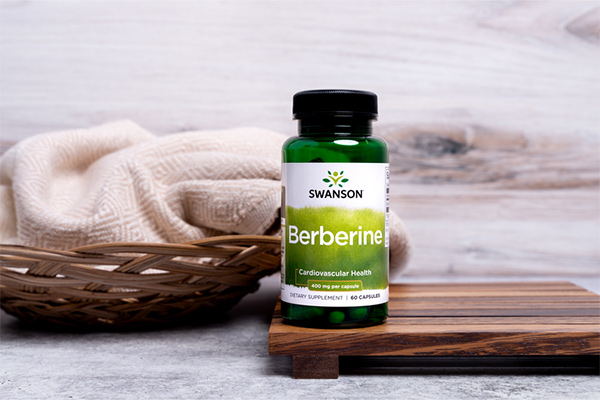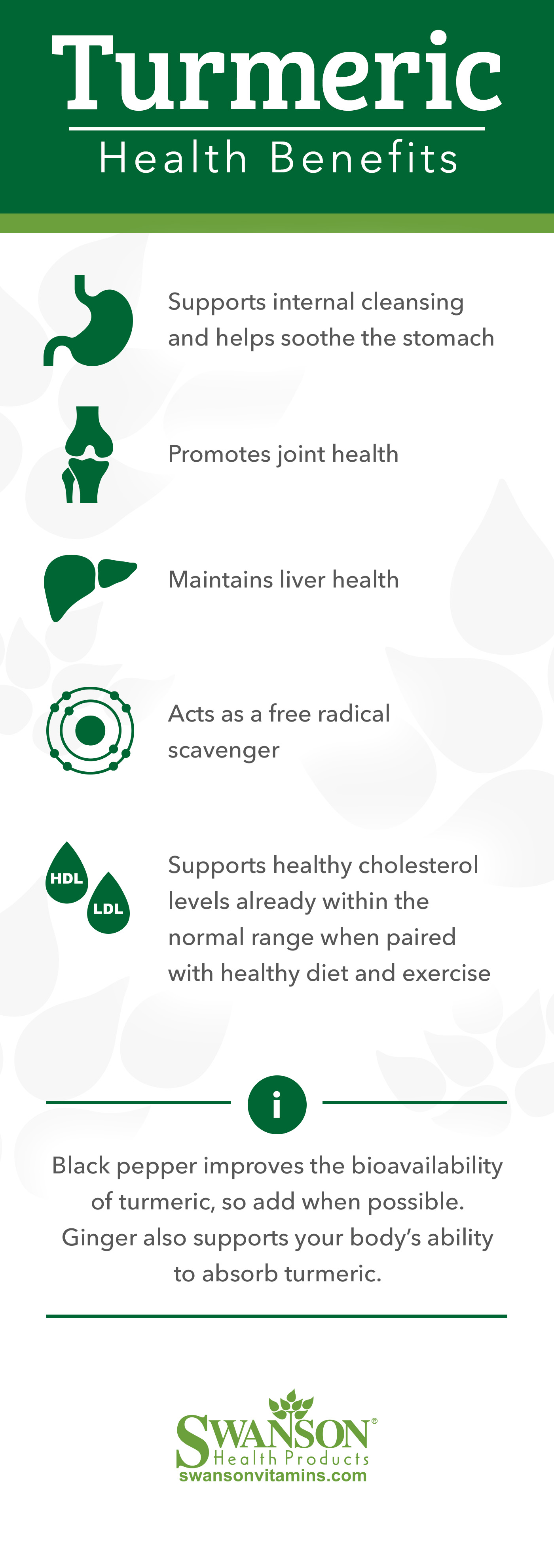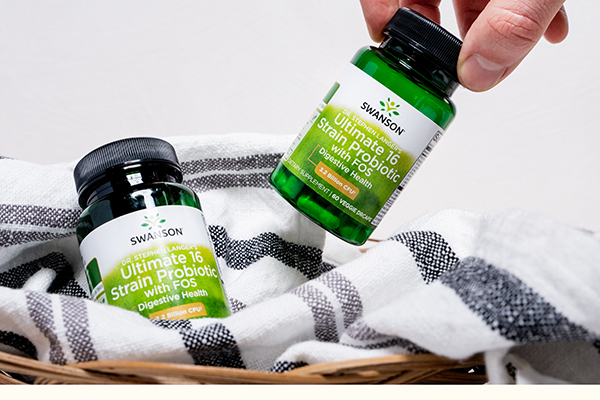Build a Healthier Gut with Probiotics
Did you know that your gut serves two primary functions? It absorbs nutrients and defends against bacterial onslaught. And it’s a popular place to be, with trillions of both helpful, and not so helpful, microbes that living and function within it. In fact, around 70% of your body's immune system cells can be found within your digestive tract.

How Your Gut Works
Located primarily in the colon, your gut ecosystem includes fungi and other microorganisms, in addition to bacteria (the latter being most abundant).1 When they’re in sync, this balance of trillions of "helpful" and other microbes not only assists with digestion by turning food into energy, but also supports healthy immune response, nervous system and brain function and even mood. Much like fingerprints, your gut microbiome is unique to you and is typically a reflection of lifestyle and environmental factors like diet, pollution, stress and certain strains of antibiotics which may be ingested.
How to Keep Your Gut Healthy
What can you do to help maintain a balanced and healthy microbiome? Keeping your gut healthy isn’t about completely abolishing all "bad" bacteria, but rather managing them. That’s where probiotics come into play.
Ways to Build a Healthier Gut
- Nourish Your Microbiome with Real Food
The purpose of probiotics (in food or supplement form) is to improve the number of beneficial bacteria in your gut. But before probiotics can do their job effectively, they must flourish in a healthy gut environment. A healthy diet high in fiber and rich in whole foods like fruits, vegetables, lean meats, fish, grains and nuts, and eschewing overly processed foods and refined sugars, can contribute to positive gut flora. - Add Probiotics to Your Diet
You can get probiotics through the foods you eat, as well as in probiotic supplements. Probiotics are live yeasts and bacteria, and they are measured in colony-forming units (CFUs), a microbiological term that describes the density of viable bacteria in a product. Basically, it tells you how probiotic-rich a food is, and how much will be available to your body. Probiotics come in a variety of different strains, all with their own unique benefits. How can you decode the trillions of probiotic strains out there? To start, most of strains you see come from one of these two species: Lactobacillus and Bifidobacterium.Lactobacillus
This species produces lactase, the enzyme that breaks down lactose, or milk sugar.2 These ‘friendly’ bacteria also produce lactic acid, which helps control the population of harmful bacteria. The lactic acid serves as muscle fuel while simultaneously increasing the body’s absorption of minerals. Strains of Lactobacillus are usually found in the mouth or small intestine.
Bifidobacterium
This species is most commonly used in foods and supplements and is native to the gut. Bifidobacterium strains support the immune system and limit the growth of harmful bacteria in the intestine.2
There are many different types of strains (within these two species) that contribute to a positive microbiome.
- Do Your Research on Ingredients and Additives
While yogurt is a traditional source of beneficial probiotic bacteria for your gut, be aware of refined sugars and other additives. Processing and manufacturing can reduce probiotic cultures, so look for culture strains and amounts listed on product ingredient or packaging labels. However, that doesn’t mean that you can’t enjoy what you love – probiotics supplements could potentially be a good addition to meet the levels you need. - Not All Probiotic Supplements are Created Equal
Look for strain types and counts. How many strains of bacteria does it have? A potency count of 50 billion CFUs or higher is usually recommended. Probiotic supplement blends can focus on certain health areas or age groups like Swanson Probiotic for Digestive Health and Swanson Probiotic for Seniors to help promote digestive health and regularity.
Foods Good for Gut Health
Gut health is important, especially when it comes to digestive and immune health. Here are some foods that are good for gut health:
- Kombucha — Made from the fermentation of naturally occurring sugar in tea, this drink is packed with probiotics.
- Yogurt — Yogurt is full of gut-healthy cultures, including S. thermophilus, L. bulgaricus, L. acidophilus, and Bifidobacterium. Just keep an eye on the sugar content in your yogurt. You might also consider a dairy-free yogurt made from almond, soy, or rice milk, which can be easier to digest.
- Sauerkraut —This naturally fermented food contains Lactobacillus bacteria, which combats bad gut bacteria and helps balance your microbiome.
- Kefir — Kefir is a drink that is like yogurt but in liquid form. Kefir usually contains more active strains of bacteria than yogurt.
- Kimchi — This fermented food is rich in probiotics and great for digestive health.
- Kvass — Kvass is another healthy, probiotic-rich beverage, but since it’s based on rye bread, it won’t be a good probiotic choice for people with gluten allergies or intolerances.
- Miso — Miso is made from soybeans, sea salt and koji, which are typically fermented along with a grain like rice or barely to produce a probiotic-rich, gut-friendly food. This is another probiotic food that is not suitable for people with gluten intolerances.
- Prebiotics — In addition to probiotics, prebiotics can be found in high fiber foods and other foods, like garlic, and can help nourish the healthy bacteria in your gut.
- High Fiber Foods — While probiotics will help keep your gut microbiome healthy, foods high in fiber are essential to keep everything moving through your digestive tract efficiently. Foods high in fiber include black beans, lima beans, green peas, almonds, apples, raspberries, and artichokes.
Probiotics for Mental and Physical Health Support
Your gut is connected to your brain; therefore, what affects the gastrointestinal tract, can also affect your brain, and vice versa. Certain probiotics in the gut appear to make compounds called neuropeptides that directly affect brain function. An unhealthy microbiome may impact your mood, mental health, immune system, and brain function.
Gut health impacts your life in more ways than you might realize. Read 8 Ways to Fortify Your Immune System Before Cold Weather Hits. Stay on top of your health and wellness journey by checking out more health information in our Swanson Health A-Z Guide to Modern Wellness.

About Amy Sunderman, MS, RD
Amy is a registered dietitian, nutritionist and author with more than 20 years of experience in the supplement industry. Amy is passionate about dietary supplements and the health benefits they offer. She enjoys working to find novel nutritional ingredients with strong clinical research behind them to drive innovation and provide health-promoting products to consumers.
*These statements have not been evaluated by the Food and Drug Administration. These products are not intended to diagnose, treat, cure, or prevent any disease.
Sources
1. How Much Bacteria Does the Human Body Really Contain? IFL Science. Read source
2. What are the Most Common Types of Probiotics? HealthLine. Read source




